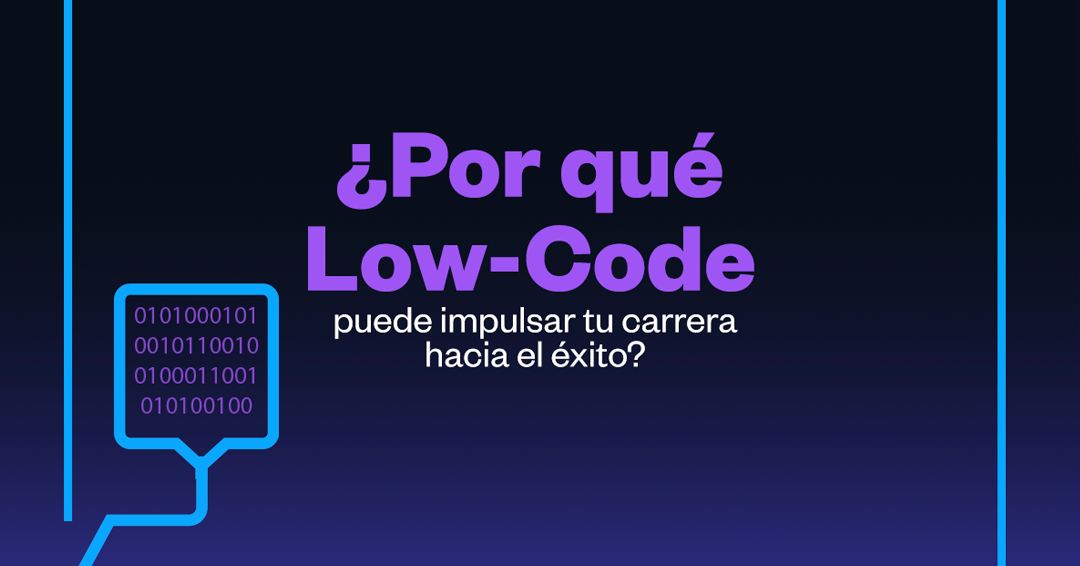
Innovation in the Pharmaceutical Industry
Given its responsibility in the production of medicines and in view of the Covid-19, the pharmaceutical industry has consolidated as one of the sectors most crucial in our society.
However, like other sectors, the pharmaceutical industry has had to embrace digitization to stay afloat, especially with the emergence of fintech, which have adopted advanced technologies in their processes of research and manufacturing of drugs.
The digitization of the pharmaceutical industry meets the growing demand for agility, speed, flexibility and customization on the part of consumers. In this context, have emerged to PharmTech, startups pharmaceutical focused on establishing a new paradigm of medicine 5P (personalized, predictive, preventive, participatory, and population).
This model focuses on each patient individually, instead of tackling the disease in a generic manner, offering a treatment tailored to the specific needs and circumstances of each one.
Given that the immune response varies between individuals in front of the same disease, the priority at this time is to move towards greater customization to accelerate the research and production of medicines.
This digital revolution in the pharmaceutical field, known as Pharma 4.0, aims to bring to the pharmaceutical industry to a new level.
What does Pharma 4.0 and how it transforms the pharmaceutical industry?
In response to the increasing demand from patients seeking drugs that are more custom in shorter periods of time, technology companies, pharmaceutical have entered the market to promote the concept of Pharma 4.0.
This approach seeks to digitize the pharmaceutical industry to speed up the investigation, to improve the production of drugs and to optimize the logistics of distribution, taking advantage of technologies such as Big Data and Artificial Intelligence.
Pharma 4.0 is intended to merge the production of medicines with the technologies of information and communication, in order to offer products and higher quality services to the patients.
The collection of data in real time and for their safe storage increases competitiveness, it optimizes the time limits and facilitates decision making, eliminating barriers to information and providing immediate access to the required information.
In addition, the predictive systems and the machine learning employed by Pharma 4.0 to reduce the environmental impact of the manufacture of medicinal products, optimize processes and reduce costs.
Benefits of Pharma 4.0
Pharma 4.0 brings benefits both to the pharmaceutical companies as to the health professionals, providers, and patients. Here are some of them:
Customizing medications to address specific problems and meet the demands of a more agile.
Facilitates collaboration between professionals in the sector and uses predictive systems to obtain conclusions more robust, offering more transparency on the processes and regulatory compliance.
Automation and digitalization of production, which leads to a higher production capacity and allows for the incorporation of innovative processes through the intensive use of data and technology.
Greater efficiency in the research and testing of medicines, eliminating barriers of information that generate additional costs.
The role of Pharma 4.0 in the revolution of the pharmaceutical industry
The investment of technology companies, pharmaceutical Research and Development (R & D) has been instrumental in this sector.
Thanks to the digital transformation driven by these companies, the manufacturing processes of medicines have become more intelligent, efficient, rapid, and sustainable.
Reduction of time of clinical trials
The development process of a drug can last for up to 12 years and cost between 1.9 and 3.2 billion dollars. Currently, the probability of success in clinical trials is less than 12% due to lack of efficacy or the inefficient use of resources.
The startups pharmaceutical are transforming clinical trials through the application of artificial intelligence, improving success rates and reducing the periods.
Adoption of advanced technology
The main difference is that present these technological companies, in comparison with the pharmaceutical traditional is its focus on to gain competitive advantage through technology, improving all aspects of the chain pharmaceutical, from research to the distribution and patient care.
These companies use cutting-edge technologies, such as Big Data, the Internet of things, virtual and augmented reality, 3D printing, robotics, machine learning and chatbots are smart.
In this way, technology companies, pharmaceutical have access to a greater amount of data, which is essential to accelerate the production of medicines and to anticipate the needs of patients, offering a service of care and support of the highest quality.
Transformation of the administrative processes, 4.0
Another aspect of the transformation carried out by these technology companies in the pharmaceutical industry is the digitalization of administrative processes. Often, the management of the companies to be overlooked in the process of digitization.
However, there are numerous administrative procedures that could greatly benefit from digitalization in the pharmaceutical industry, and fintech have led this effort.
Tasks such as the signing of employment and business documents, the issuing of invoices, delivery notes and minutes, as well as the management of contracts of sale or purchase, are part of the bureaucracy that can slow down the production.
Technology companies have entered the digital signature in the pharmaceutical industry to accelerate these processes, preventing the loss of documentation, and maintaining a more precise control of the logistics.



Post a comment